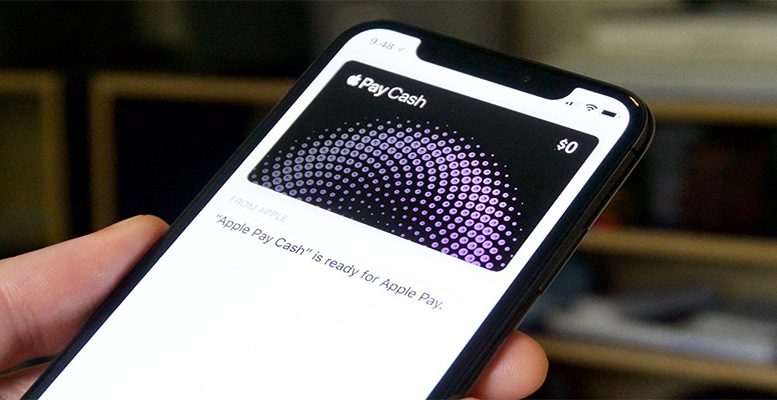Frank Schwarz, MainFirst │New payment systems are a growing area. In a digital and mobile world, it is natural that payments are also made easily just with a click. This is the idea behind the growing tendency in electronic and mobile payments.
With a new generation of digital natives (the so-called “Generation Z”), who have never known a world without smart phones and mobile internet, this change is accelerating and will be a significant structural tendency. This tendency will gain force to the extent that payments by mobile apps becomes the norm, and to the extent that payment systems adapt to make things easier, quicker and more accessible for the client.
Paypal was one of the pioneers in this field, seeking new ways of making possible payments online between people and companies – and is the main winner. Currently it has more than 256 million users in more than 200 countries around the world. Its stock market capitalisation is 131 Bn$. Its services of being able to send and receive money and by goods easily heads the growth in online, and now mobile, payment solutions.
Founded a year later, in 1999, Wirecard offers more complicated payment solutions, tailor-made for companies. Today it is one of the fastest growing financial trade digital platforms in the world (according to its website) and offers an entire ecosystems of digital payment services. The company is currently valued at 18.7 Bn€. It operates in Europe and emerging markets, especially in Asia, where it cooperates with the Chinese fintechs Alipay and WeChatpay.
A third company which has opened new avenues in digital payment is Square. It revolutionised payment transactions in 2009 by allowing non-registered sellers to accept payments by credit cards at low cost. This facilitated the creation of business for small companies. Any company can do the configuration to accept cards from any part of the world. All it needs is to be connected and a mobile card reader to create the new generation of sales points.
Square began to construct its credibility through association with industry leaders and the good reviews from both users and critics. Currently its stock market capitalisation is 34.6 Bn$ and is expected to keep growing.
Preparing the path to a cashless world
This global tendency towards digital and mobile payments means that our world, ever more digitalised, is rapidly becoming a world without cash. This development is not only being driven by a new generation who have never known a world without smart phones. The digital natives also prefer the instantaneous and easy possibilities offered by their mobile devices, which let them have their finances and payments always at hand.
As “Generation X” enter the labour market, it is likely that they will expect mortgages, pension options and loans to be digitally available, preferably on their mobile phone. The tendency towards payment on mobiles is also growing among older sectors of the population. According to Accenture, 64% of consumers plan to use digital money in 2020.
Some countries are also actively promoting cashless transactions. In the majority of Nordic countries, cash is on the point of disappearing, and Sweden has declared that coins will stop being used in 2023.
At the same time, many emerging markets are advancing in payment by mobile. China leads in using applications on smart phones and the possibility of using them as payment tools. The acceptance of digital money is ever greater.
India has made the lack of cash part of an emblematic government initiative, strategically implementing innovative payment solutions like digital wallets together with more traditional bank cards. In African countries like Kenya, mobile phones are used to make payments.
Thanks to all these developments, there is a significant potential for growth. Innovative payment solutions will continue to prosper and, therefore, investors can expect attractive returns, as long as they enjoy the necessary experience in investment materials.





